BERLIN: Whenever the European Union has sent the police or troops to trouble spots around the world, Russia has never objected. It always wanted a stronger Europe that could serve as a counterweight to the United States and weaken the trans-Atlantic alliance.
But on Kosovo, one of the leftover conflicts of the Balkan wars of the 1990s, Russia has turned the tables on the EU. As a member of the United Nations Security Council, it has blocked Brussels from replacing the UN administration in Kosovo. The United Nations has been there since 1999, after NATO planes bombed Serbia to end the ethnic cleansing of Kosovo Albanians by Serb forces.
The EU contingent of nearly 1,200 police and judiciary officers was supposed to be in Kosovo by Sunday. That is when the Kosovo government will implement a Constitution confirming the independence from Serbia that it unilaterally declared in February. The problem is that Russia will not accept the change in the UN's role in Kosovo to make way for the EU.
"Russia has been unhelpful, to put it mildly," said Jaap de Hoop Scheffer, the secretary general of NATO, which has 16,500 troops in Kosovo. "In all my discussions with the Russians, they recognized that Kosovo was a sui generis case. Now they have changed position and say 'no, no, no, no - we are creating all kinds of precedents."'
NATO's fear is that if the issue is not resolved, and soon, it could lead to instability in a state that is not recognized by all EU and NATO countries and whose independence is bitterly opposed by Serbia and Russia.
[...]
Russia, displeased that some European countries and the United States recognized Kosovo's independence, is blocking those arrangements. Its main objection, officially, is that Kosovo declared its independence from Serbia without a green light from the UN Security Council and without support from Serbia. But analysts say the Russian objections are based on the Kremlin's ambiguity toward a stronger EU.
"The Kosovo issue shows just how ambiguous Russia's attitude towards a stronger EU actually is," said Sabine Fischer, a Russia expert at the EU's Institute for Security Studies in Paris. "It wants a stronger EU as a counterweight to the U.S., but it is not willing to have that stronger Europe at the expense of Moscow having no veto over what the EU does. That is why it wants the EU mission in Kosovo under some kind of UN umbrella."
by Judy Dempsey international herald tribune June 11, 2008

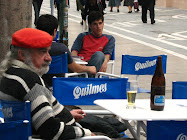

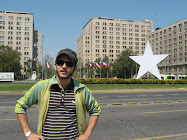



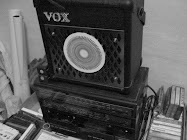

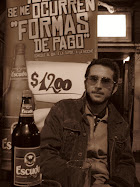


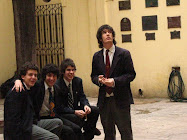
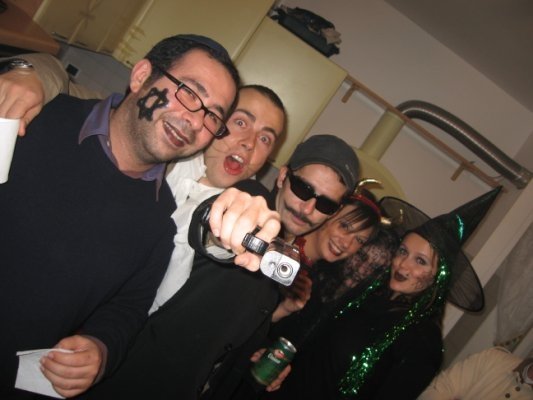
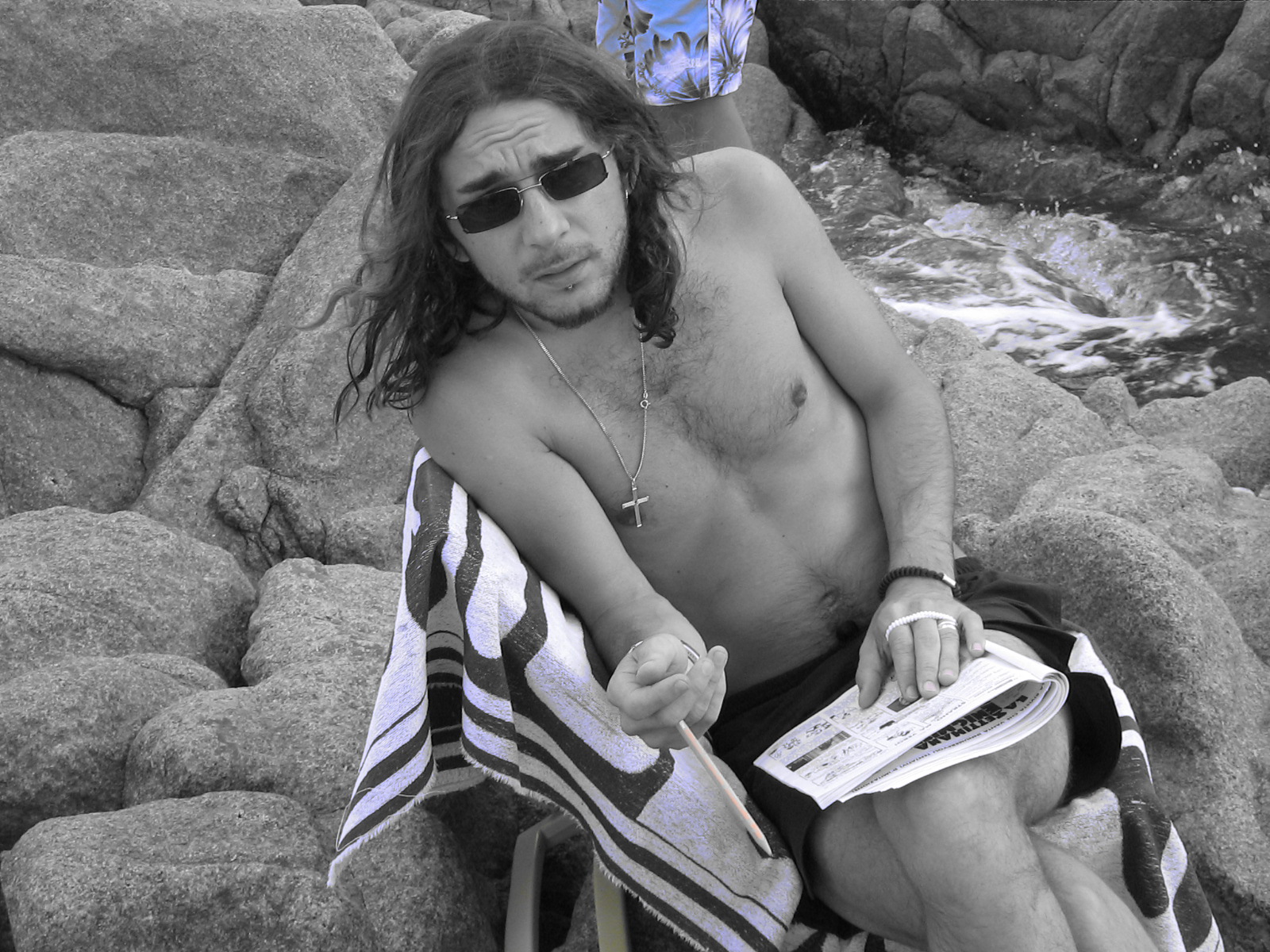
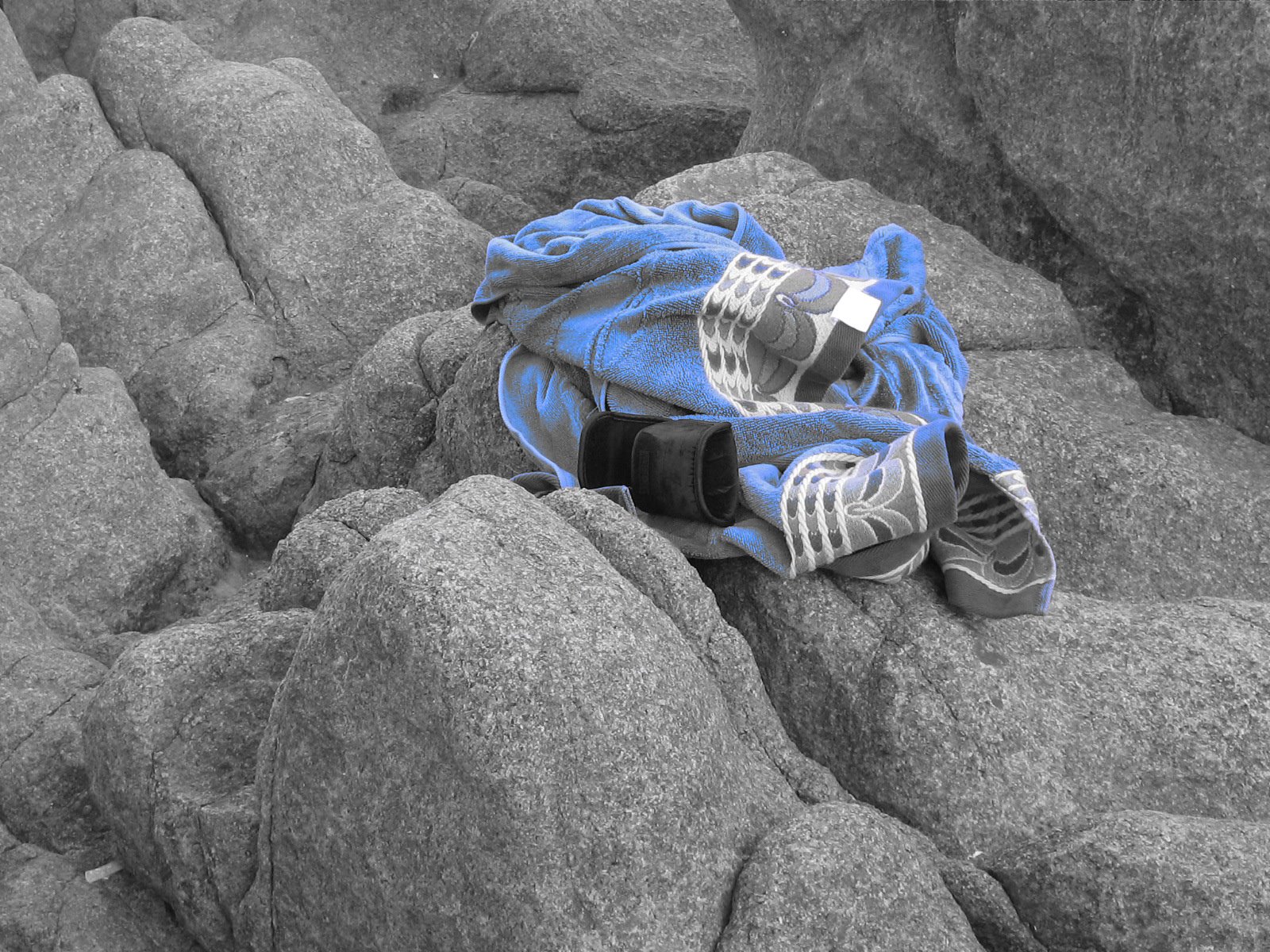

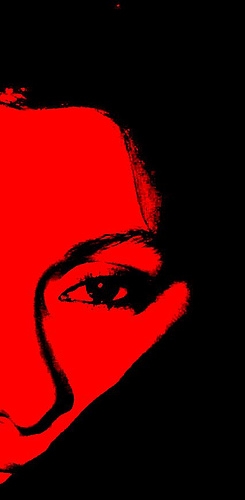


0 commenti:
Posta un commento